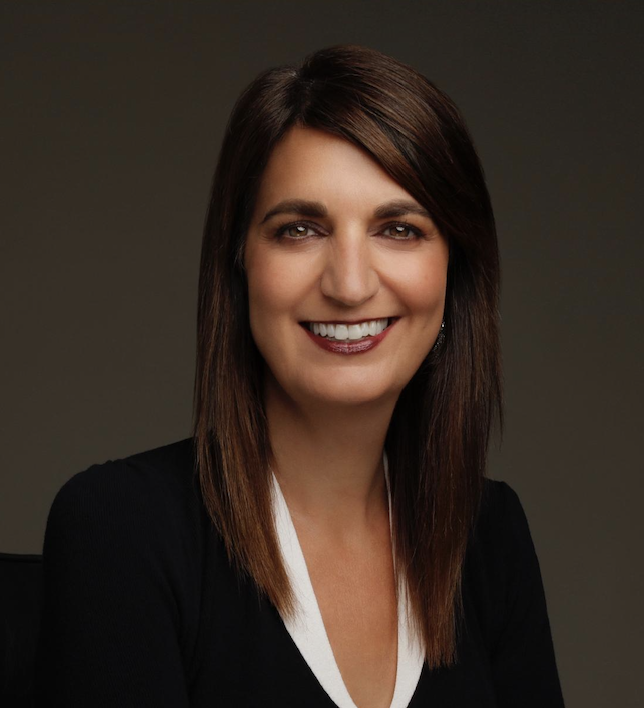Would you walk across a bridge that hasn’t been stress-tested? Or trust power grids and data centres without being sure they can withstand pressure? But ask most companies when they last stress-tested their culture and you’ll get a blank look. We’ve priced in every form of infrastructure, except the one that keeps businesses alive: our people.
When leaders talk about resilience, they often mean supply chains, technology or capital buffers. Yet the real shock absorber of any organisation is its culture. It determines whether employees feel safe to speak up, are supported when life happens, and motivated to stick with it through the tough patches. In my research for On Motivation: Personal & Professional Resilience, 38 per cent of participants said their most significant resilience trial was caused by work itself. That should give us pause. Culture isn’t a perk – it’s a risk factor.
From soft skill to structural asset
For too long, diversity, equity and wellbeing have been confined to HR strategies, website proclamations, and annual reports – the moral or reputational case for doing good. But the evidence is overwhelming that inclusive, psychologically safe cultures outperform, retaining talent for longer, making better decisions and recovering faster from crises because people trust each other enough to adapt and innovate.
Building resilience is a five-phase cycle: Stress → React → Process → Assimilate → Grow. Most organisations rush from stress, expecting growth without allowing time for the middle stages: the processing and assimilation that turn experience into learning. When we skip those steps, the stress doesn’t disappear; it settles into the system as burnout and attrition. A healthy culture is what keeps the cycle moving.
The cost of fragile culture
The Resilience 2025 data showed three recurring sources of workplace trauma: toxic leadership, gender bias and lack of support. Each is entirely preventable, and each comes at a measurable cost. Toxic leadership erodes psychological safety, whilst bias limits decision-making diversity and unsupportive cultures drive quiet quitting. When people don’t feel safe to be honest about struggle, organisations lose the chance to learn from it. That’s not just a human issue – it’s a governance failure.
The backlash against DEI has also made many leaders tentative. But the choice isn’t between inclusion and performance – they are the same thing. Companies that treat gender equity, mental health and flexible working as core infrastructure see higher engagement and lower risk. It’s no different from investing in cybersecurity or climate adaptation – the ROI is resilience.
Culture as a resilience plan
The case to treat diversity and wellbeing as strategic assets is compelling – they belong in the same conversation as capital and risk. Ask in the next board meeting: Do we have a culture stress-test? Do we measure psychological safety with the same rigour as liquidity ratios? Do we fund recovery time as well as innovation time?
Because the truth is simple: when culture fails, performance falls. When people feel safe, seen and supported, they don’t just bounce back – they build forward. That’s how diversity and wellbeing become not just moral imperatives but the infrastructure of long-term business success.












